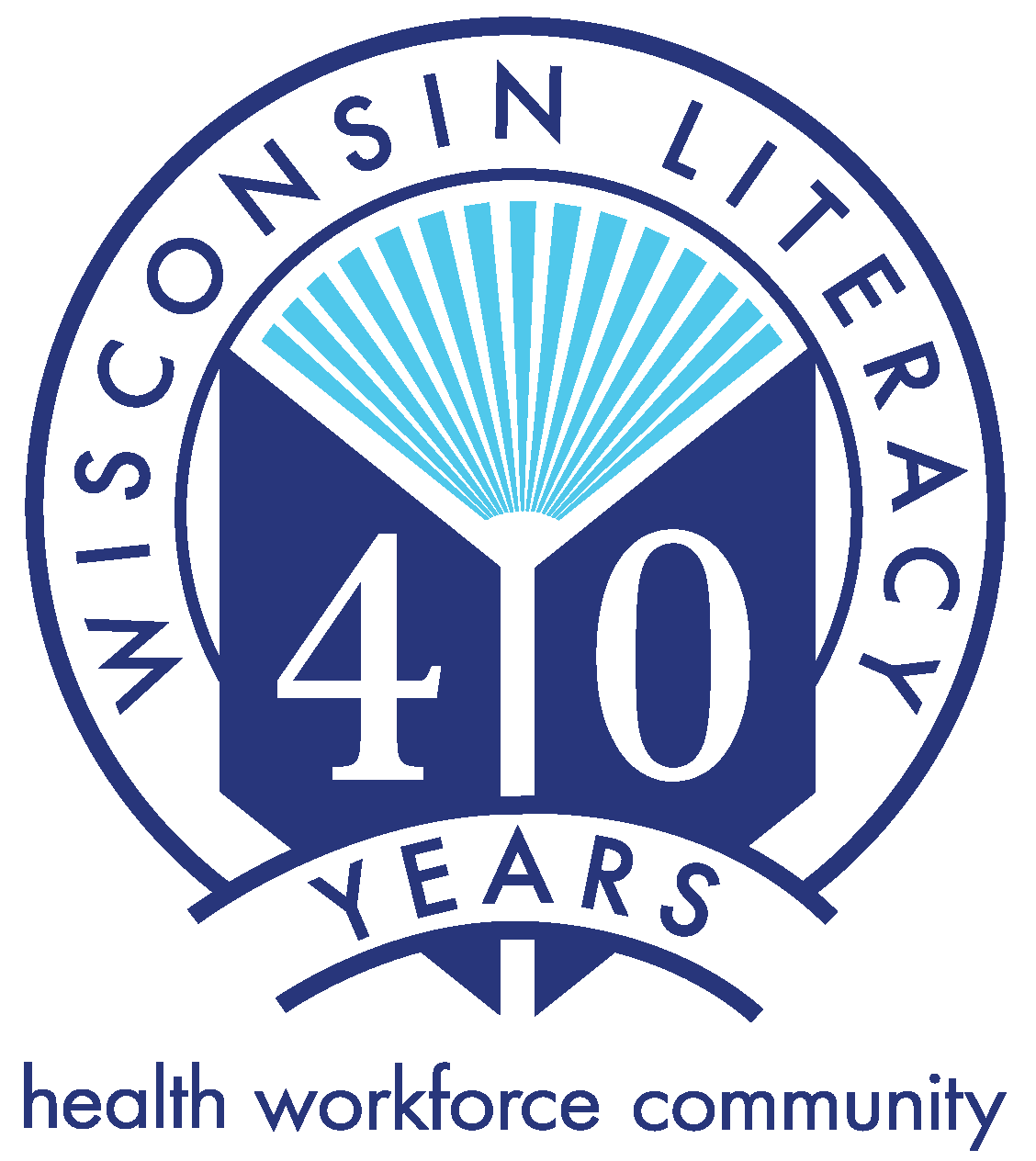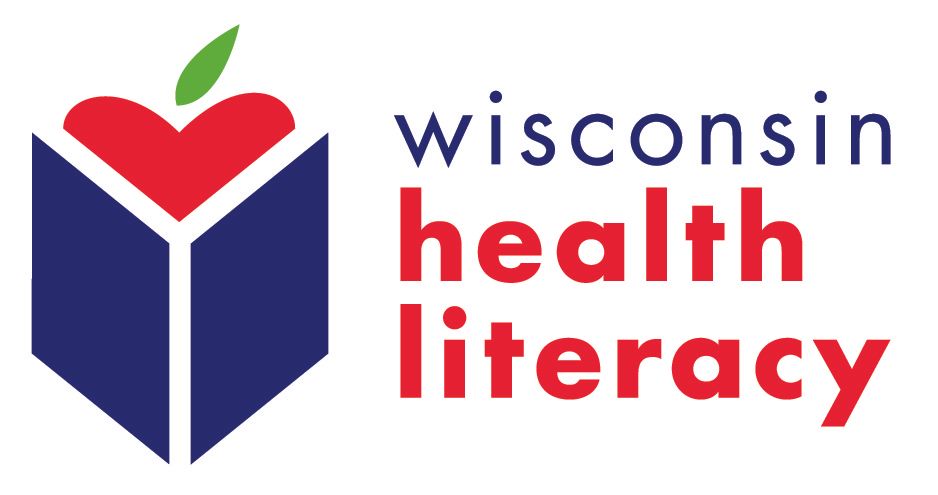Child/School-age Literacy Tutoring
Even if you are an adult literacy program, parents, schools or social agencies may ask if you can tutor children. They’ve probably heard that your agency provides free tutoring and they know a child whose fallen behind their peers and needs extra help with homework or literacy skills but doesn’t qualify for special education services from the district.
Should adult literacy agencies provide tutors for children?
Your Board of Directors and staff will answer this question. Consider:
- Does instruction for children fit your mission statement?
- Is your service (tutors for children) necessary to the community?
- Will the community support the program?
- Do you have potential clients (children who need a tutor)?
- Do other agencies provide services? (YMCA, Boys & Girls Club, etc.)
- How long do you think your service in this area will be needed?
What is involved in a child tutoring program?
First, identify program objectives and then how you will deliver services.
Programs that provide tutoring to school-age children often try to:
- reinforce skills taught in school, with multi-sensory learning approaches
- make learning a fun experience
- increase self-esteem and self-confidence
- involve the school (teachers) and parents
Depending on your relationship with the school and child’s family, you can provide tutoring:
- during school
- after school
- during summer and vacation breaks
- a combination (after school and during the summer)
If you provide tutoring during school, you’ll work very closely with the school district and teachers.
Usually, the school district will provide:
- students, based on their eligibility guidelines
- space
- materials
- supervision of tutor pairs
- possibly some tutor training
You will most likely provide the volunteers. You’ll take on the bulk of volunteer recruitment, training and management.
Some things to keep in mind if you tutor during the school day:
- Teachers decide when children can leave the classroom for tutoring.
- Tutoring opportunities will depend on teacher cooperation.
- Tutors follow school policies for volunteers (background checks, etc).
If you offer tutoring after school or during summer break, your child tutoring program may look a lot like your adult tutoring program. You’ll need:
- volunteer tutors
- tutor training
- volunteer application
- position description
- tutor policies
- instructional materials (often from school)
- space
- assessment materials
- a program coordinator to
- recruit and train volunteers
- match tutors and learners
- provide lesson plans and materials
- supervise pairs
- track program data
What are the major differences between adult and child tutoring programs?
- Pairs must be supervised for safety and legal reasons.
- Learners need parental permission.
Resources:
Morrow, Lesley Mandel, and Barbara J. Walker. The Reading Team: A Handbook for Volunteer Tutors K- 3. International Reading Association, 1997.
Blankenship Cheatham, Judy. Help A Child Learn to Read. Literacy Volunteers of America.

